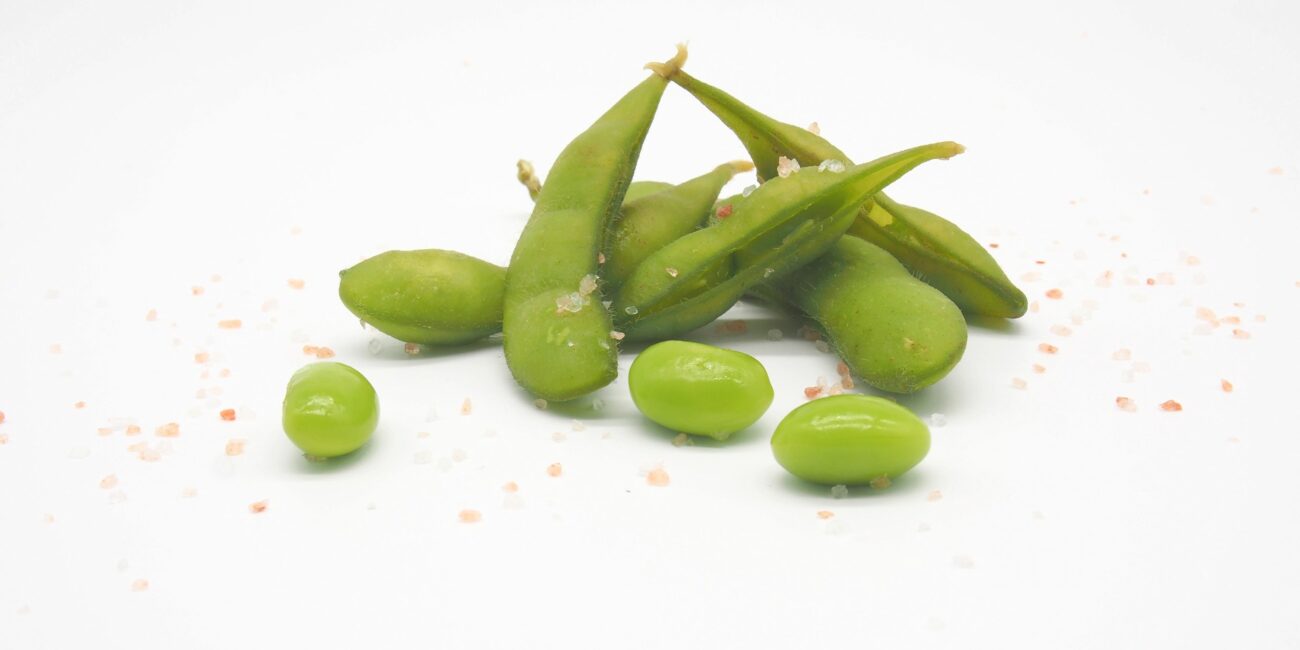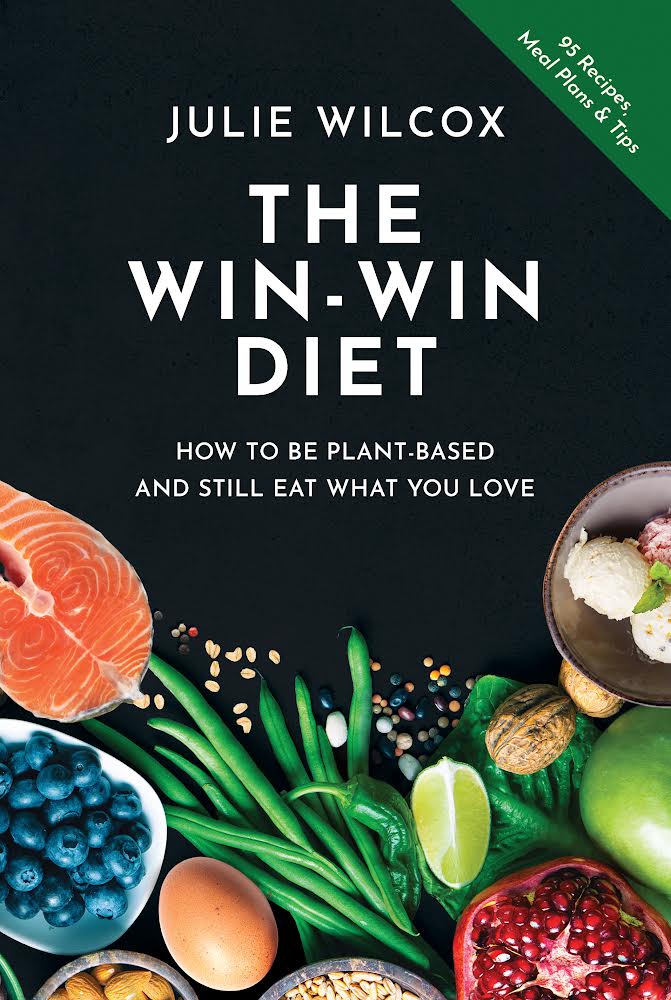Soy and its impact on women’s health is a topic that often stirs passionate discussions. In recent conversations, I’ve encountered individuals grappling with questions about soy’s influence on conditions such as fertility, endometriosis, and cancer. Most of the information they have is unfairly skewed negative. So, what does the research actually say? Below I cover the complex relationship between soy and these health concerns, addressing the misconceptions with a balanced view of the scientific evidence.
Soy and Estrogen-Related Health Issues
While many believe soy foods to be associated with estrogen-related illnesses (infertility endometriosis, and some cancers), scientific evidence does not wholly support these claims. Some studies even suggest that soy can have preventive effects on hormonally driven diseases. Although soy contains phytoestrogens (substances that can act like estrogen), which could elevate the estrogen environment in one’s body, these compounds can also do the opposite. For instance, if phytoestrogens bind to estrogen receptors first, then estrogen can’t bind to them. Because phytoestrogens are weaker than estrogen, estrogen levels would be lower. In addition, when phytoestrogens are in the body, they send signals to the brain indicating that estrogen is high, which the body then responds to by shutting down the production of estrogen in a negative feedback loop. This means that for any individual with estrogen-related issues from fertility to endometriosis and cancer, while soy may theoretically impact estrogen-related conditions like fertility, endometriosis, and cancer, in practice, such effects are relatively rare.
Soy and Fertility
The influence of soy on fertility is a subject of concern. Studies indicate that you would need to consume over 100mg of isoflavones, equivalent to more than four cups of soy a day, before infertility becomes a worry. It’s important to note that in Asian countries, where soy consumption is significantly higher than in the West, there is little to no impact on hormones and fertility. In fact, the average daily soy intake in these regions is about one cup, significantly lower than the level that could be associated with fertility concerns.
Soy and Endometriosis
Women who suffer from endometriosis often overproduce estrogen to begin with; since phytoestrogens can bind to estrogen receptors, the assumption is that they could signal the body to elevate estrogen levels even further, which in turn could thicken the uterus, thereby exacerbating the condition. However, while an association between phytoestrogens and endometriosis is not yet conclusive, many studies, in fact, already indicate the opposite effect of phytoestrogens on endometriosis. These studies show that because phytoestrogens can prevent actual estrogen from binding to receptors in high-estrogen environments (recall phytoestrogens bind first), they could in fact have anti-estrogenic effects, thereby reducing the risk of endometriosis. The evidence of soy’s effect on endometriosis is inconclusive and highly dependent on individual genetics, age, metabolism, gut microflora, antibiotic use, underlying conditions, environment (variety, harvest, food processing, cooking, and growth locations of foods), and how much soy one consumes.
Soy and Cancer
According to Dana-Farber Cancer Institute, it is generally safe to consume soy foods even if you have breast, prostate, or colon cancer. While cancer treatment plans should be personalized and developed in consultation with healthcare professionals, current evidence suggests that moderate soy intake does not promote cancer growth.
Should You Include Soy in your Diet?
In conclusion, soy is a highly nutritious food with numerous health benefits. While research on its overall impact for individuals with specific medical conditions is inconclusive, those without such concerns can safely and enjoyably incorporate soy into their diets. Soy is rich in protein, fiber, polyunsaturated fats, as well as essential vitamins and minerals, including B vitamins, calcium, iron, and zinc. It is also cholesterol-free and low in saturated fats. Embracing soy in various forms like tofu, tempeh, and edamame can be a wholesome addition to a well-balanced diet, contributing to your overall wellness.




